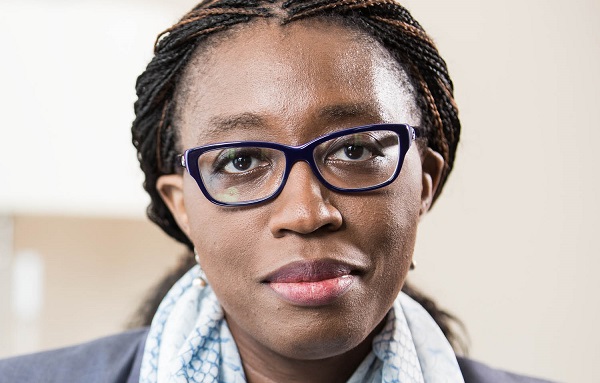Business
Economic Commission for Africa urges Nigeria, other countries to limit external borrowing

The Executive Secretary of the Economic Commission for Africa, Vera Songwe, has issued a wakeup call to Nigeria and other African countries to improve their fiscal policies and expand their tax base so as to generate revenue to fund development projects, while limiting external borrowing.
This call was made during the 38th meeting of the Committee of Experts of the Conference of African Ministers of Finance, Planning and Economic Development, which opened in Marrakesh, Morocco, on Wednesday.
The Conference focused on the theme; “Fiscal policy, trade and the private sector in the digital era: A strategy for Africa.”
Songwe also stated that the ability to increase revenue collection was key to the continent’s capacity to finance its development, in particular Agenda 2030 for sustainable development and Africa’s Agenda 2063.
READ ALSO: We’re disappointed with Nigeria’s 2019 general elections — US
In a statement issued by the Communications Section of the ECA, Songwe was quoted saying, “The potential of Africa is, and has always been, promising. With a growing working-age population; abundant arable land and a multitude of other resources, the continent has all the prerequisites for rapid economic transformation in the next decade.”
“However, ensuring the availability of adequate public resources and quality investments to drive structural change requires responsive policies that promote fiscal sustainability, optimize returns from economic activity, and enable economies to fully participate in an increasingly interconnected and globalised world.”
She said the meeting of experts will discuss possible solutions.
“We are looking for how we can finance better, faster and more equitably our growth and how we can ensure that our young populations can participate in this growth that we are talking about. We can do that by ensuring that we have good fiscal policy. We would want to be like Morocco at 25 per cent so we can actually power growth.”
Speaking on tax collection, Songwe said, “Africa could boost revenues by per cent of GDP by addressing its capacity tax constraints. In addition, by better aligning tax rates and revenues with business cycles, countries can boost government revenue by five per cent.”
“With just over a decade remaining to achieve the sustainable development goals, it is imperative that the scope and mechanisms of domestic resource mobilization be revolutionized to bridge the financing gap, promote macroeconomic stability and limit external borrowing,” she said.
Songwe also spoke on the importance of digitalization and the digital economy in driving growth as well as optimizing fiscal performance on the continent. She added that the continent would need to re-skill its youth to ensure the digital age is used to Africa’s full advantage.
For his part, the outgoing chair of the bureau of the committee of experts, Elsadig Bakheit Ilfaki Adballa of Sudan, also urged the continent to embrace the digital age to expand its revenue base, create employment for the youth and deal with most of its challenges.
“With the advent of the digital age, Africa can use the new technologies to push for sustainable development on the continent,” he said.
Incoming Chair, Zouhair Chorfi, Morocco’s Economic and Finance Ministry’s Secretary General, said digitization was a great opportunity for Africa.
“Our continent is ripe for transformation and Morocco is ready to play its part in making sure we optimize digital tools,” he said.
Join the conversation
Support Ripples Nigeria, hold up solutions journalism
Balanced, fearless journalism driven by data comes at huge financial costs.
As a media platform, we hold leadership accountable and will not trade the right to press freedom and free speech for a piece of cake.
If you like what we do, and are ready to uphold solutions journalism, kindly donate to the Ripples Nigeria cause.
Your support would help to ensure that citizens and institutions continue to have free access to credible and reliable information for societal development.


















